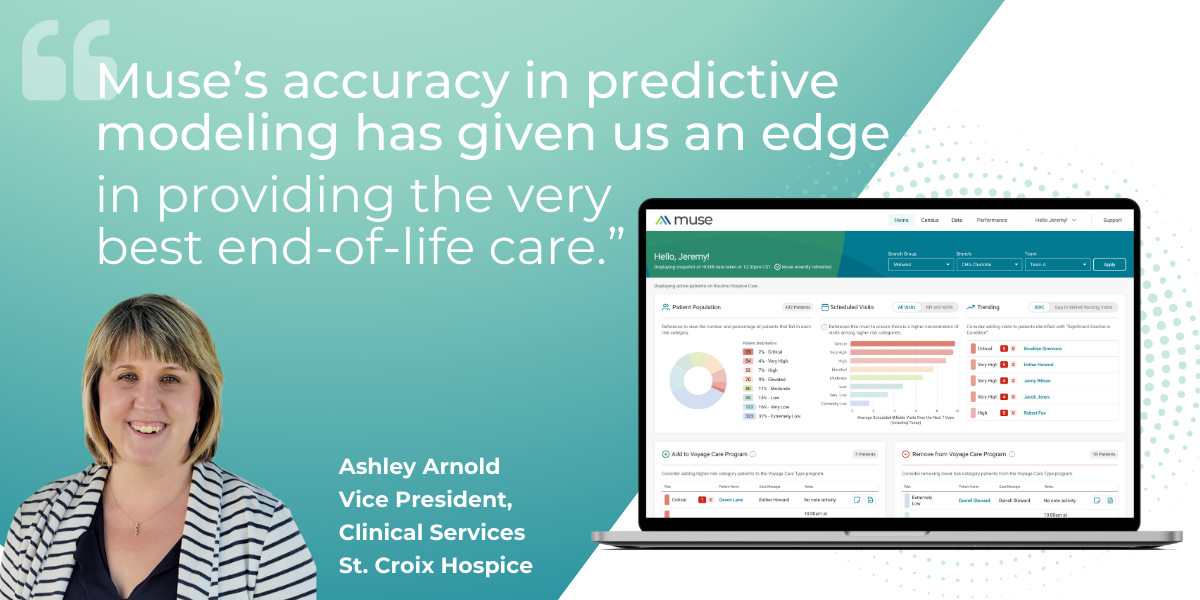Tips To Cope With Loss Around The Holidays
While for many this is the “most wonderful time of the year,” it can also be the most difficult–especiallyif you’re coping with grief attributed to loss. When a loved one is missing, it’s even more apparent this time of year when loved ones traditionally gather.
As a registered nurse who has worked with hospice patients, I know patients’ families can have a particularly difficult time during the holidays. Not only that, caregivers may also need a few kind words and some extra compassion to make it through loss of their patients during the holiday season.
Sometimes it’s hard to decide what to do or say to those who are experiencing grief from a recent loss. The National Hospice and Palliative Care Organization (NHPCO) offerstwelve practical tipsfrom hospice professionals to help cope with grief around the holidays:
- Be supportive of the way the person chooses to handle the holidays. Some may wish to follow traditions; others may choose to change their rituals. Remember, there is no right way or wrong way to handle the holidays.
- Offer to help the person with baking and/or cleaning. Both tasks can be overwhelming when someone is experiencing acute grief.
- Offer to help him or her decorate for the holidays.
- Offer to help with holiday shopping or give your loved one catalogs or suggest online shopping sites that may be helpful.
- Help your loved one prepare and mail holiday cards
- Invite the person to attend a religious service with you and your family.
- Invite your loved one to your home for the holidays.
- Ask the person if he or she is interested in volunteering with you during the holiday season. Doing something for someone else, such as helping at soup kitchens or working with children, may help your loved one feel better about the holidays.
- Donate a gift or money in memory of the person’s loved one. Remind the person that his or her special person is not forgotten.
- Never tell someone that he or she should be “over it.” Instead, give the person hope that, eventually, he or she will enjoy the holidays again.
- If he or she wants to talk about the deceased loved one or feelings associated with the loss, LISTEN. Active listening from friends is an important step to helping him or her heal. Don’t worry about being conversational…. just listen.
- Remind the person you are thinking of him or her and the loved one who died. Cards, phone calls and visits are great ways to stay in touch.
Let’s not forget the professional caregivers who may be coping with multiple losses at any given time among the patients they care for. Caregivers become attached to patients and families. They often become part of their lives during the difficult time helping patients and families navigate the physical and emotional difficulties of the dying process, especially in the hospice field. Professional caregivers may also feel exacerbated grief as they are reminded of their own personal losses, which can be especially evident around the holidays.
Here are some ways to help professional caregivers cope with loss around the holidays:
- Talk with co-workers. Sharing experiences with those who truly understand your connection with a dying or deceased patient can help to validate your feelings.
- Attend funerals for closure. If you’ve become close with a particular patient or family it may help to see the family and offer your condolences.
- Find an outlet that helps to relieve your stress and anxiety. Yoga, meditation or getting together with friends for an uplifting event or outing can help separate you from the day-to-day challenges of your job.
- Do something to honor your own lost loved one. Donate to a favorite charity or plan an event or gathering with family and friends who may also be feeling the loss.
- Validate the work you and build upon your knowledge by learning more about end-of-life care. Access theMedalogix End-of-Life Resource guideherefor resources that can help both your professional and personal growth.
- Seek professional grief counselling if needed. You can’t take care of your patients unless you take care of yourself. If your grief is overwhelming a counsellor can help with coping strategies to assist you in both your personal and professional life.
The holidays are stressful enough already, but adding the strain of coping with a recent loss makes this time of year all the more overwhelming. Don’t be afraid to reach out to loved ones who have experienced a recent loss. Know that the holidays will be hard for them and just a small gesture or acknowledgement of the grief you know they are feeling may be just the thing to get them through a particularly bad moment or bad day. And nurses and other caregivers, don’t forget to take care of yourselves. Reach out to your support systems to give you the strength to both care for yourself and your patients during what can be the most wonderful but also difficult time of the year.
Related Blogs

Unlocking Efficiency and Precision in Home Health Documentation
Home health teams operate in diverse and uncontrolled settings, ranging ...

Pulse Referrals & Admissions: A Q&A with Medalogix President and CEO Elliott Wood
With our new Referrals & Admissions module now available for purchas...

Transforming End-of-Life Care with Medalogix Muse at St. Croix Hospice
St. Croix Hospice, a nationally acclaimed hospice agency, has leveraged ...


